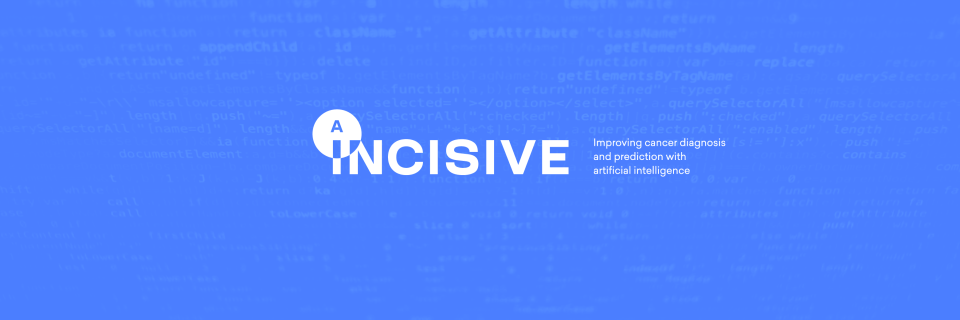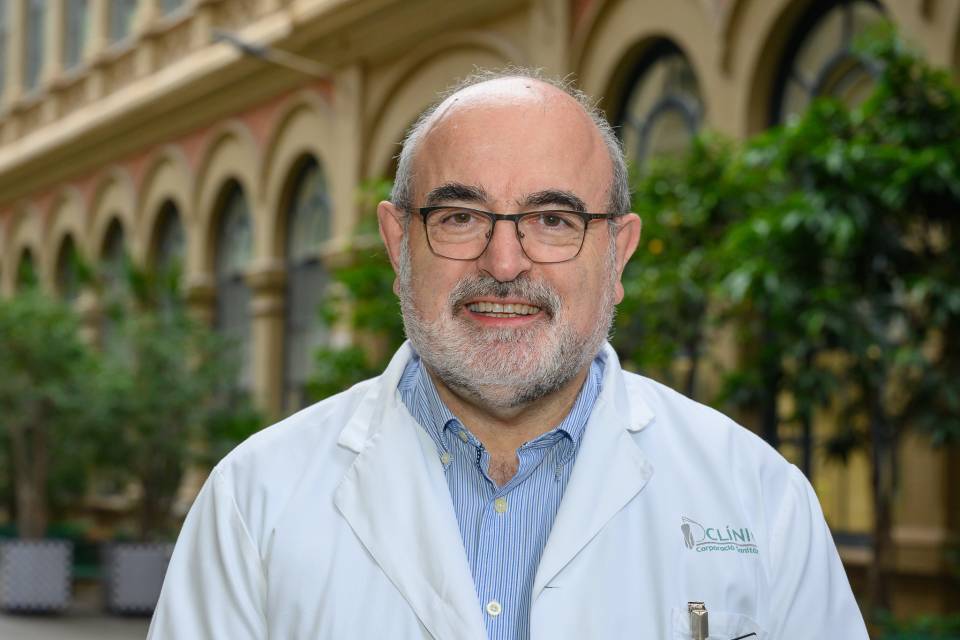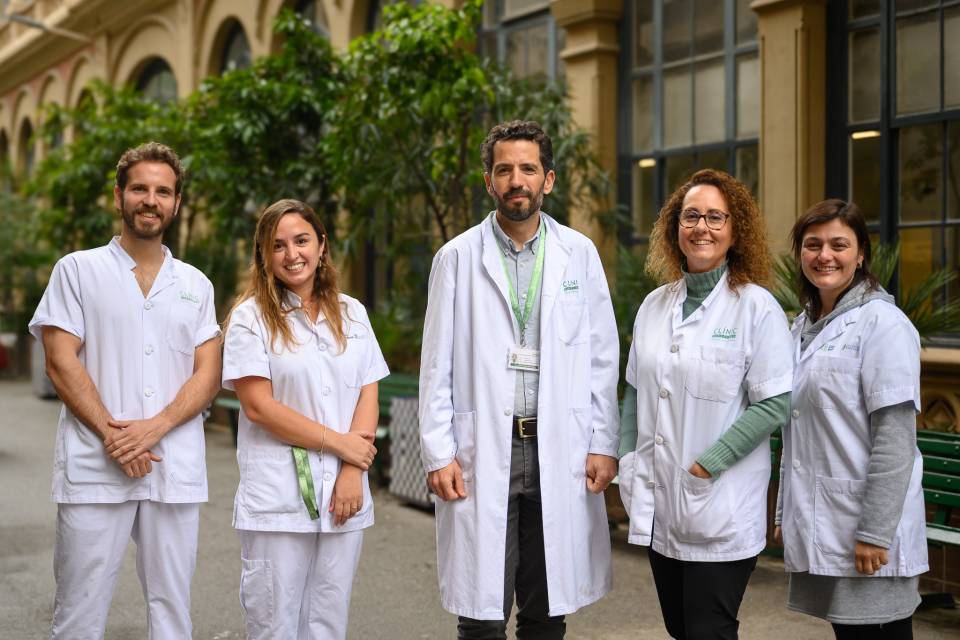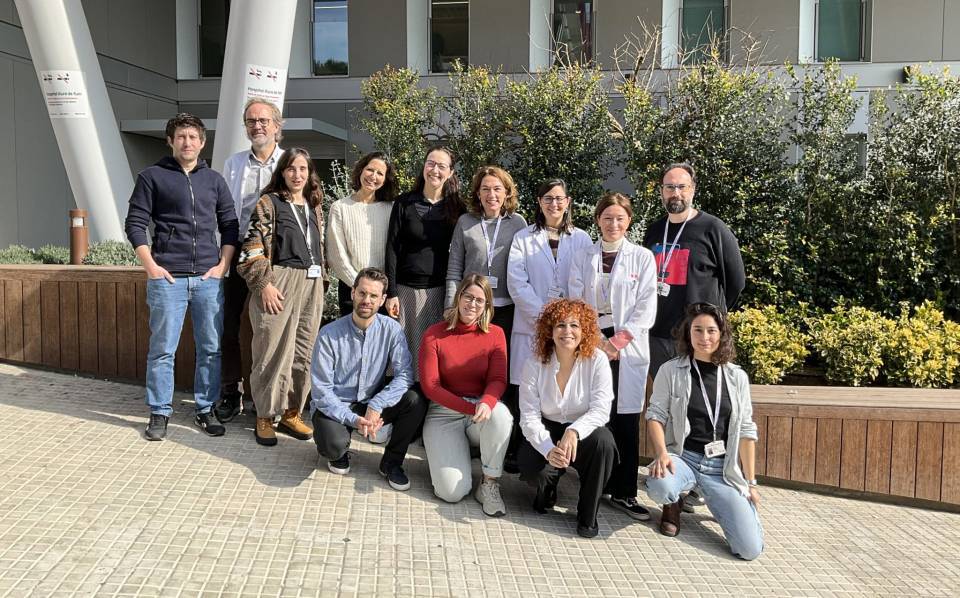The increase in the quantity and availability of health care data, especially medical imaging in cancer cases, combined with the emergence of new technological tools based on artificial intelligence (AI) and machine learning (ML) provide unprecedented opportunities for improving the accuracy of cancer detection, prediction, and monitoring, thus allowing for better-informed clinical-care decisions.
INCISIVE is a 42-month project that approaches the challenges associated with detecting patterns in large volumes of cancer imaging data, increasing the interpretability of complex imaging data and providing support for more effective decision-making by health care providers.
It also deals with the challenges associated with labeling and annotating data and the availability and shared use of imaging data, so that these data can be used to train and validate AI tools in order to improve imaging methods.
The project involves the participation of the IDIBAPS research group Genetics and urologic tumors, led by Antonio Alcaraz.
The objective of INCISIVE involves two main results:
A) A toolkit based on AI that consists of new AI models, combined with a set of predictive, descriptive and prescriptive analyses that allow for the multimodal examination of the data sources; this includes a system for automatic annotation based on machine learning to produce data for creating algorithms in AI research;
B) A pan-European federated bank of interoperable health care images that makes it possible to donate and exchange images in accordance with legal, ethical, privacy and security requirements, for AI-related training and experimentation; the bank will operate as a service based on high-performance computing, thereby providing high-performance computational processing without the need to maintain expensive equipment.
The project solutions will be trialed in four types of cancer: lung cancer, bowel cancer, breast cancer, and prostate cancer. The pilot activities will be carried out in eight locations in Greece, Italy, Spain, Cyprus, and Serbia. INCISIVE aims to allow for more accurate and better-informed decisions by improving the sensitivity and specificity of cancer imaging methods, even less expensive methods, by improving their accuracy in terms of diagnosis, prediction, course, and relapse of cancer.
INCISIVE has received funding from the European Union’s Horizon 2020 research and innovation program. The INCISIVE consortium, coordinated by Maggioli SpA, is implemented by 26 organizations from 9 different countries: Italy, Spain, Finland, Greece, Cyprus, Serbia, Belgium, the United Kingdom, and Luxembourg. Further information is available at https://www.linkedin.com/groups/9022935/




